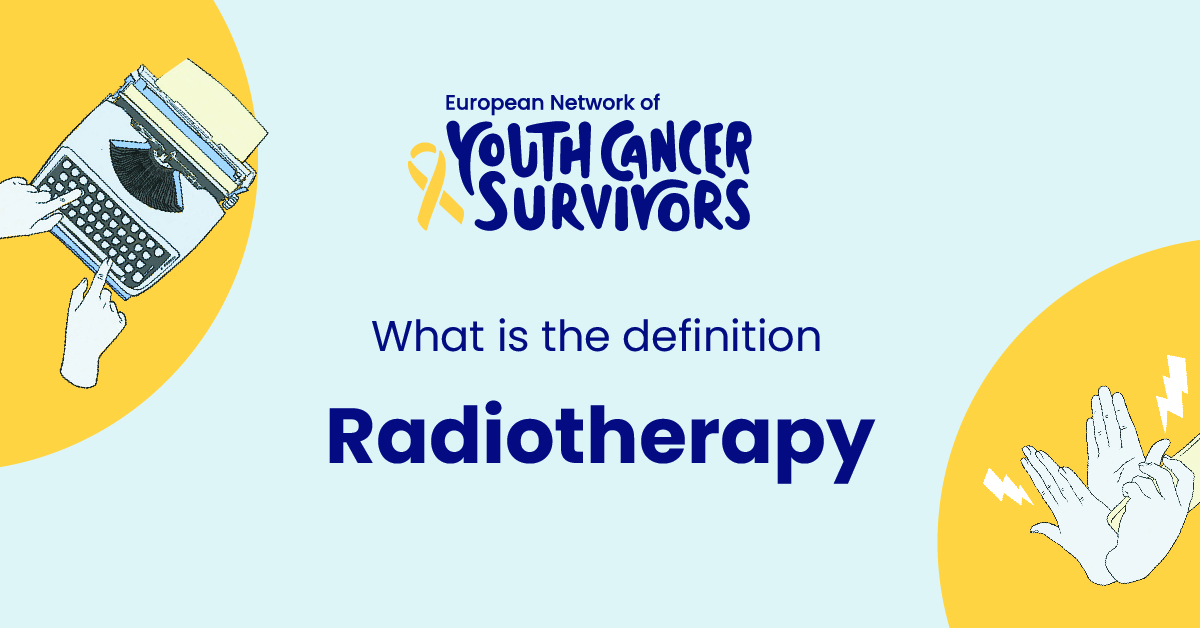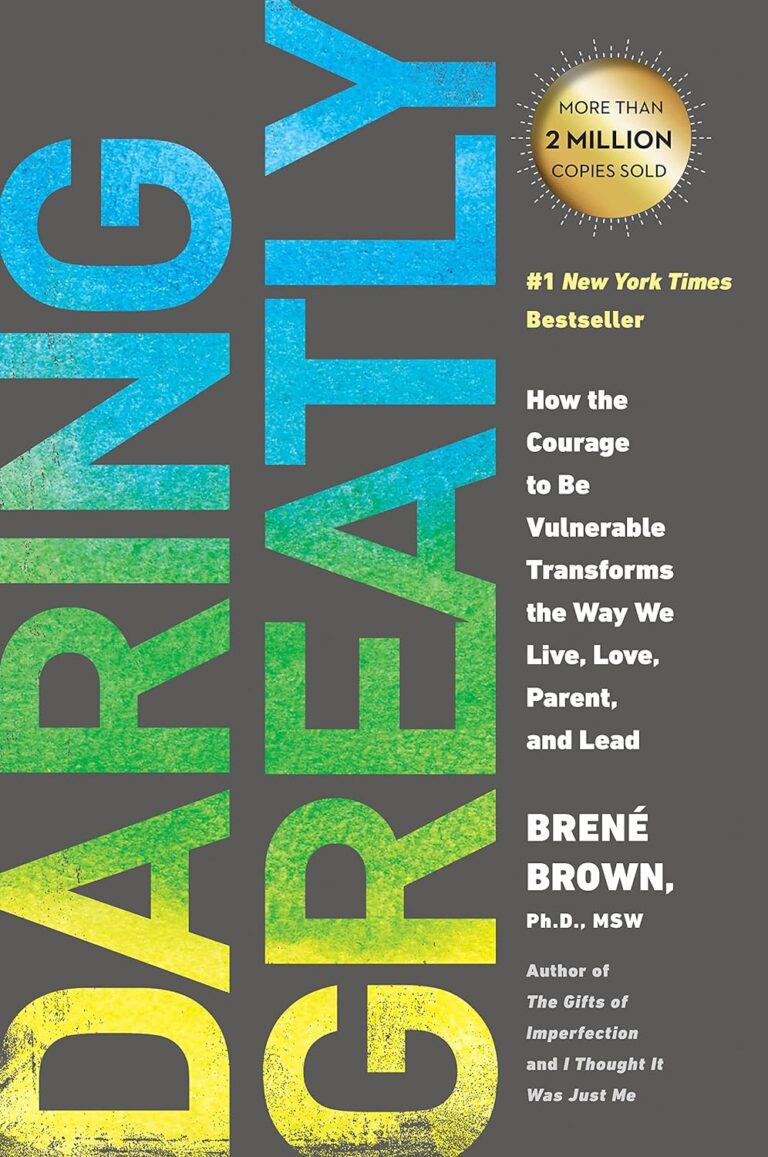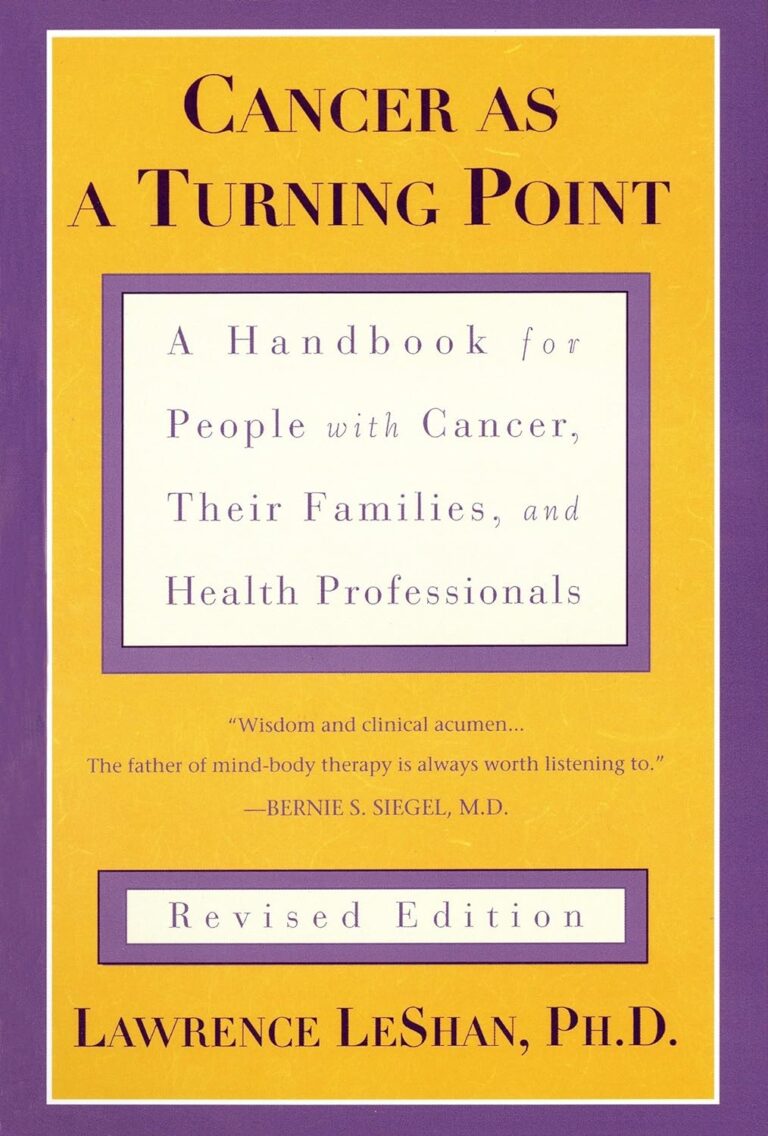
The fascinating field of radiotherapy carries enormous potential in harnessing the power of radiation for treating diseases. This comprehensive guide aims to demystify the subject, offering an in-depth look into its dynamics, uses, benefits, and risks.
Definition and Basic Understanding of Radiotherapy
Radiotherapy, also known as radiation therapy, is a method of treating various diseases, notably cancer, using high-energy radiation. The ionizing radiation damages and destroys the DNA of cancer cells, thereby inhibiting their ability to divide and grow. It is a potent weapon in the medical arsenal, utilized either independently or alongside other treatments like chemotherapy and surgery.
The Historical Background of Radiotherapy
The roots of radiotherapy trace back to the discovery of X-rays by Wilhelm Conrad Roentgen in 1895 and radium by Marie and Pierre Curie in 1898. However, the true potential of these breakthroughs began emerging in the early 20th century when radiation started being used to combat cancerous growths. Over the decades, technological advancements have refined radiotherapy techniques, heightening their precision and efficacy.
How Radiotherapy Works
The Science behind Radiotherapy
Radiotherapy works by exploiting the different ways healthy and cancer cells respond to damaged DNA. While healthy cells can repair and recover, cancer cells lack this ability. These cells, when exposed to radiation, incur irreparable damage leading to cell death. Care is taken to minimize the exposure of normal cells to radiation during treatment planning.
The Process of Radiotherapy Treatment
Typically, radiotherapy treatment initiates with a thorough consultation where the doctor explains the process, potential side effects, and expected outcomes. This is followed by a planning session where scans are obtained to identify and map the region needing treatment. The actual treatment is conducted over several sessions, usually 1-2 minutes each, spread over weeks.
Different Types of Radiotherapy
External Beam Radiotherapy
This is the most common type of radiotherapy. A machine called a linear accelerator delivers high-energy beams to the tumor, ensuring minimal harm to surrounding healthy cells.
Internal Radiotherapy (Brachytherapy)
In brachytherapy, radioactive material is implanted directly inside or near the tumor. While high-dose-rate brachytherapy involves temporary implantation, low-dose-rate treatment might require permanent placement.
Systemic Radiotherapy
Here, the radioactive substance is given orally or via injection, allowing it to circulate throughout the body or target specific areas.
The Use of Radiotherapy in Treating Diseases
Role of Radiotherapy in Cancer Treatment
Radiotherapy plays a significant role in combating various cancer types such as breast, lung, prostate, and cervical cancer, either as a primary treatment, as adjuvant therapy to prevent recurrence, or in palliative care to alleviate symptoms.
Use of Radiotherapy in Non-Cancerous Conditions
Beyond cancer, radiotherapy is also effective in managing conditions like Trigeminal neuralgia (a painful facial condition), Graves’ disease (an immune system disorder affecting the eyes), and Dupuytren’s contracture (a hand deformity).
Get to know us better
If you are reading this, you are in the right place – we do not care who you are and what you do, press the button and follow discussions live

Benefits and Risks of Radiotherapy
The Efficacy and Advantages of Radiotherapy
Often, radiotherapy is a highly effective, non-invasive method that can be customized to the individual’s disease state and convenience. It either treats diseases or significantly improves patients’ quality of life by managing symptoms.
Potential Side effects and Risks
Radiotherapy, though beneficial, is not without its side effects, which largely depend on the treatment site, dosage, and individual health conditions. Common side effects include fatigue, skin changes, and localized pain. However, contemporary techniques continuously work to reduce these risks.
Conclusion
Summarized Overview of Radiotherapy
Radiotherapy leverages radiation’s therapeutic potential seamlessly, annihilating diseases from within and improving patient outcomes. With different modalities like external beam radiotherapy, brachytherapy, and systemic radiotherapy, it caters to diverse patient needs.
The Future and Advancements in Radiotherapy
As technology gallops forward, radiotherapy also continues to evolve. New techniques for more precise radiation delivery, cutting-edge imaging capabilities, and increasingly personalized treatments all point towards a promising future.
FAQs:
- What is the definition of radiotherapy?
Radiotherapy is a technique that uses high-energy radiation to treat various diseases, primarily cancer, by damaging or destroying the DNA of cancer cells and impeding their growth.
- How does radiotherapy work in treating diseases?
Radiotherapy works by damaging cancer cells’ DNA under the influence of radiation, inhibiting their ability to divide and grow. The treatment aims to expose as few healthy cells as possible to radiation.
- What are the different types of radiotherapy and how are they administered?
The primary types of radiotherapy are external beam radiotherapy, where radiation is delivered externally using a machine, internal radiotherapy or brachytherapy, where a radioactive material is directly placed inside or near the tumor, and systemic radiotherapy, where a radioactive substance is given orally or via injection.
- Can radiotherapy be used in treating conditions other than cancer?
Yes, radiotherapy can treat non-cancerous conditions like Trigeminal neuralgia, Graves’ disease, and Dupuytren’s contracture.
- What are the potential risks and side effects of undergoing radiotherapy?
Common side effects of radiotherapy include fatigue, skin changes, and pain. However, these largely depend on the treatment site, dosage, and individual health conditions.

















Comments
Thank you. Comment sent for approval.
Something is wrong, try again later